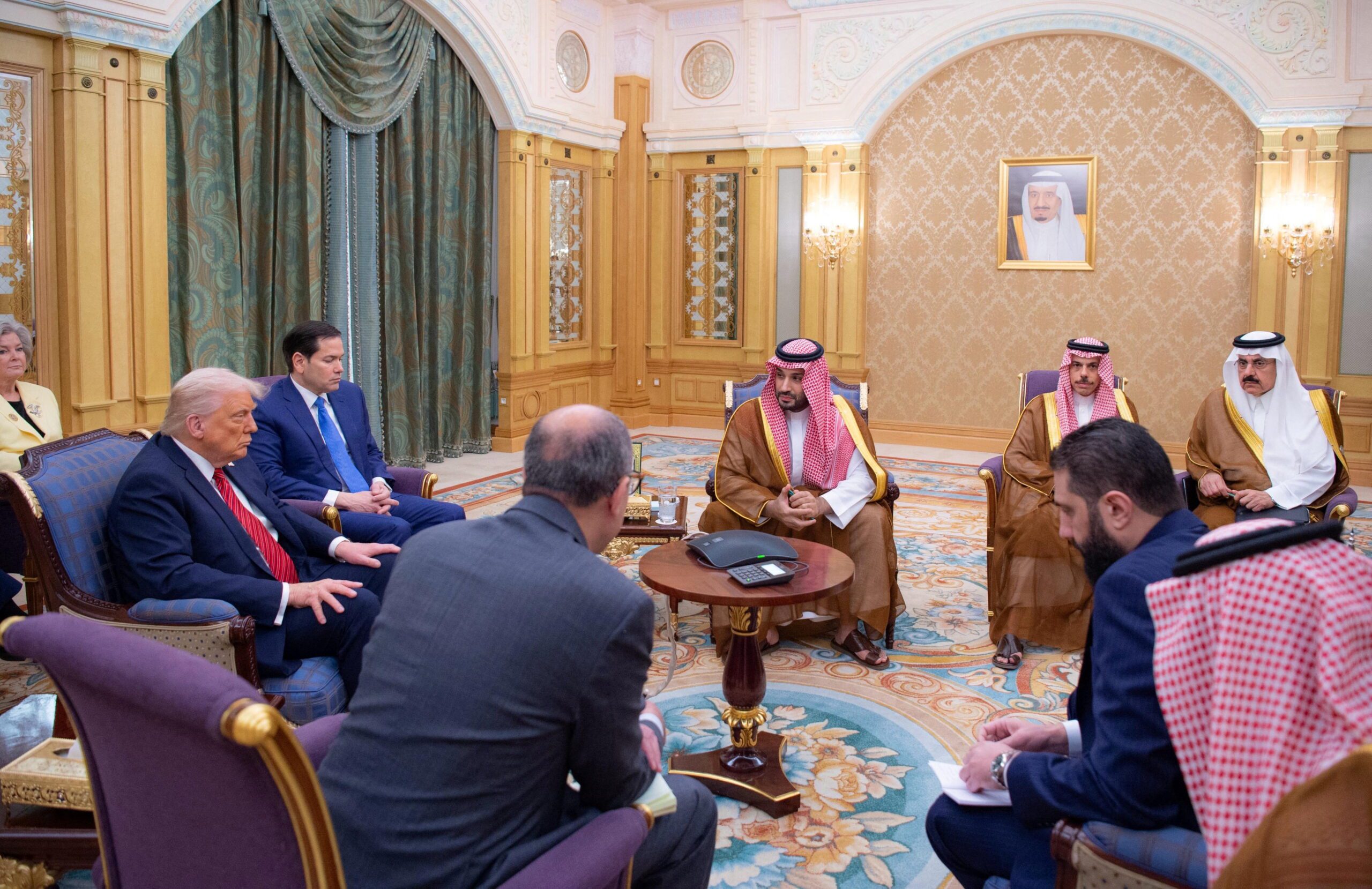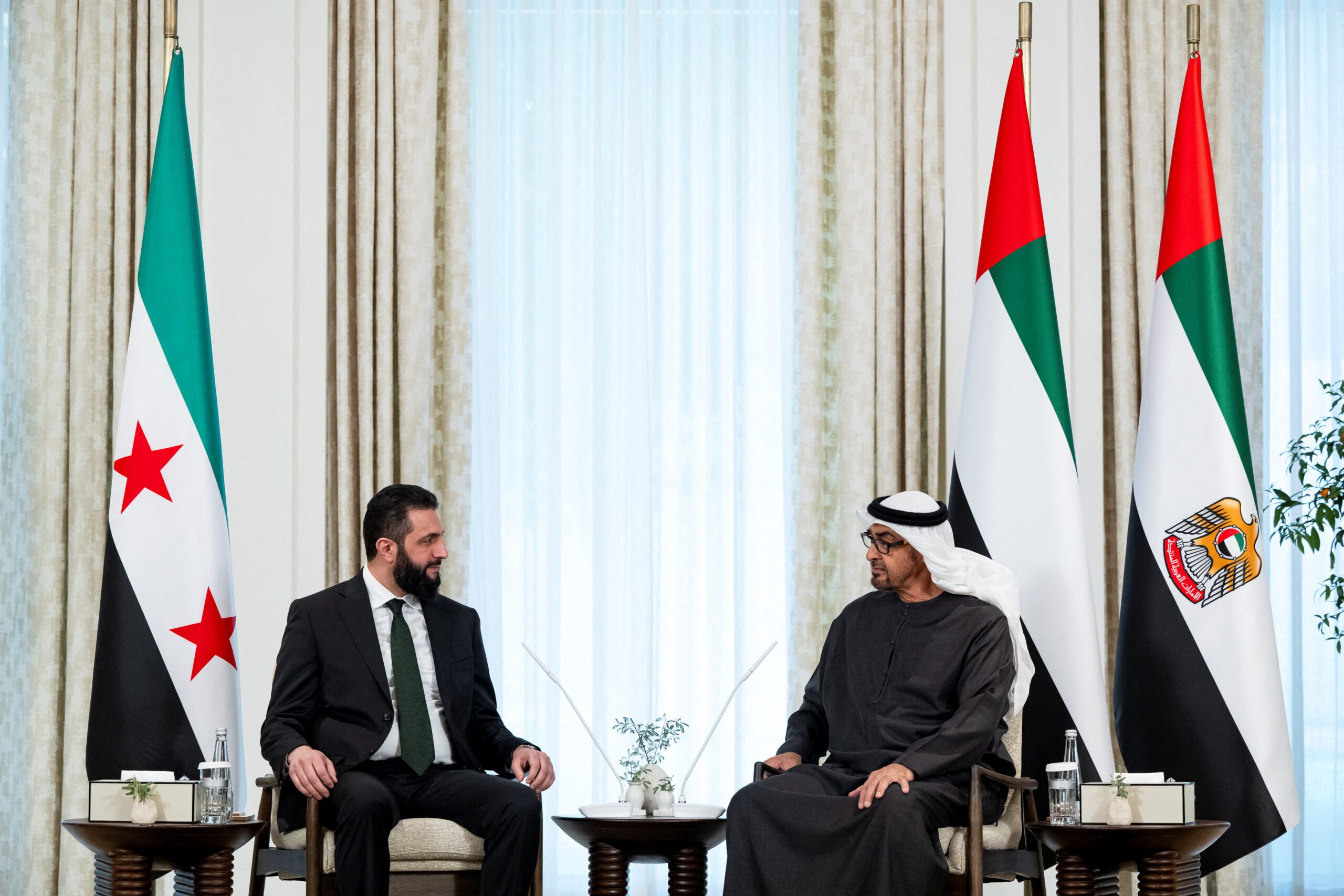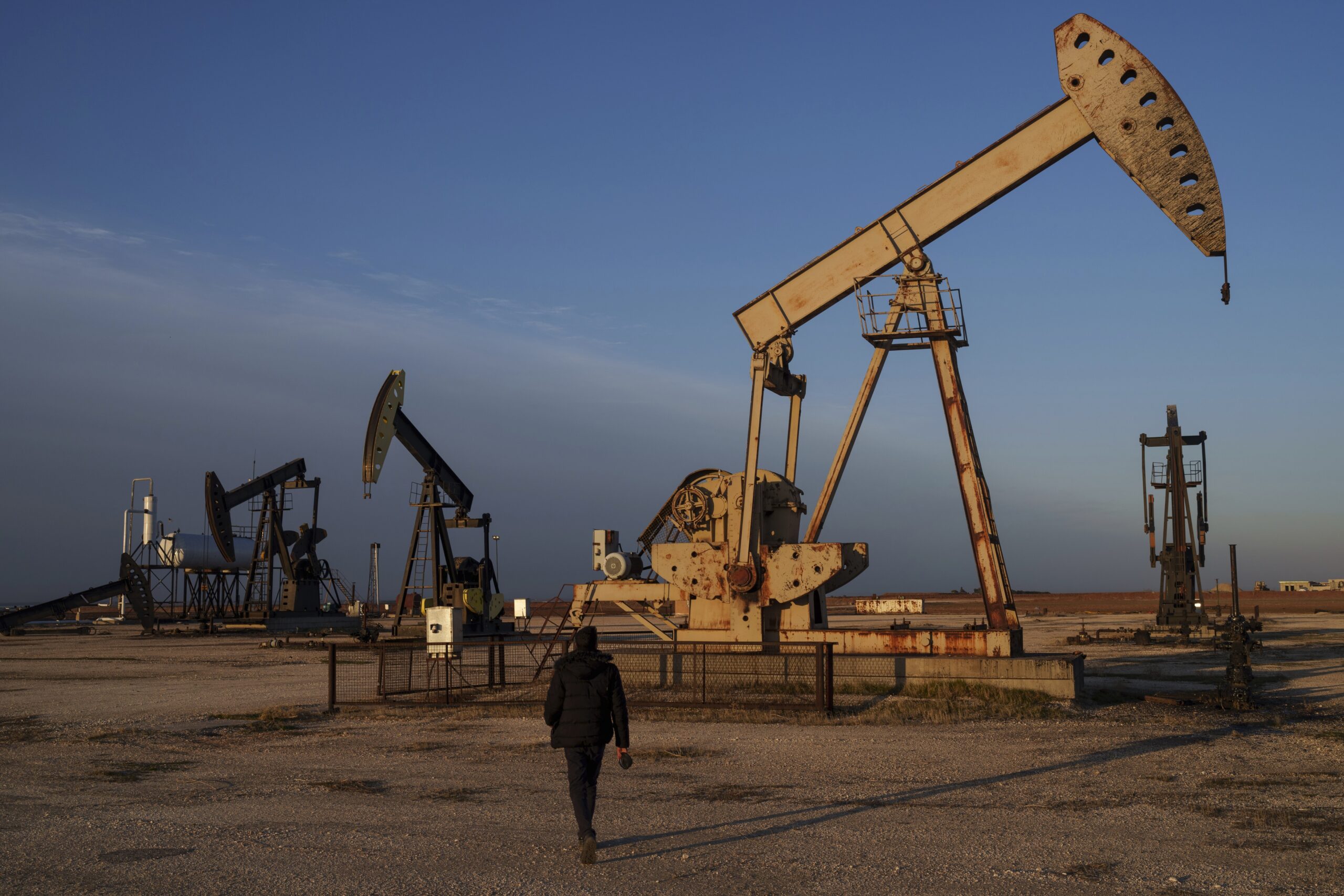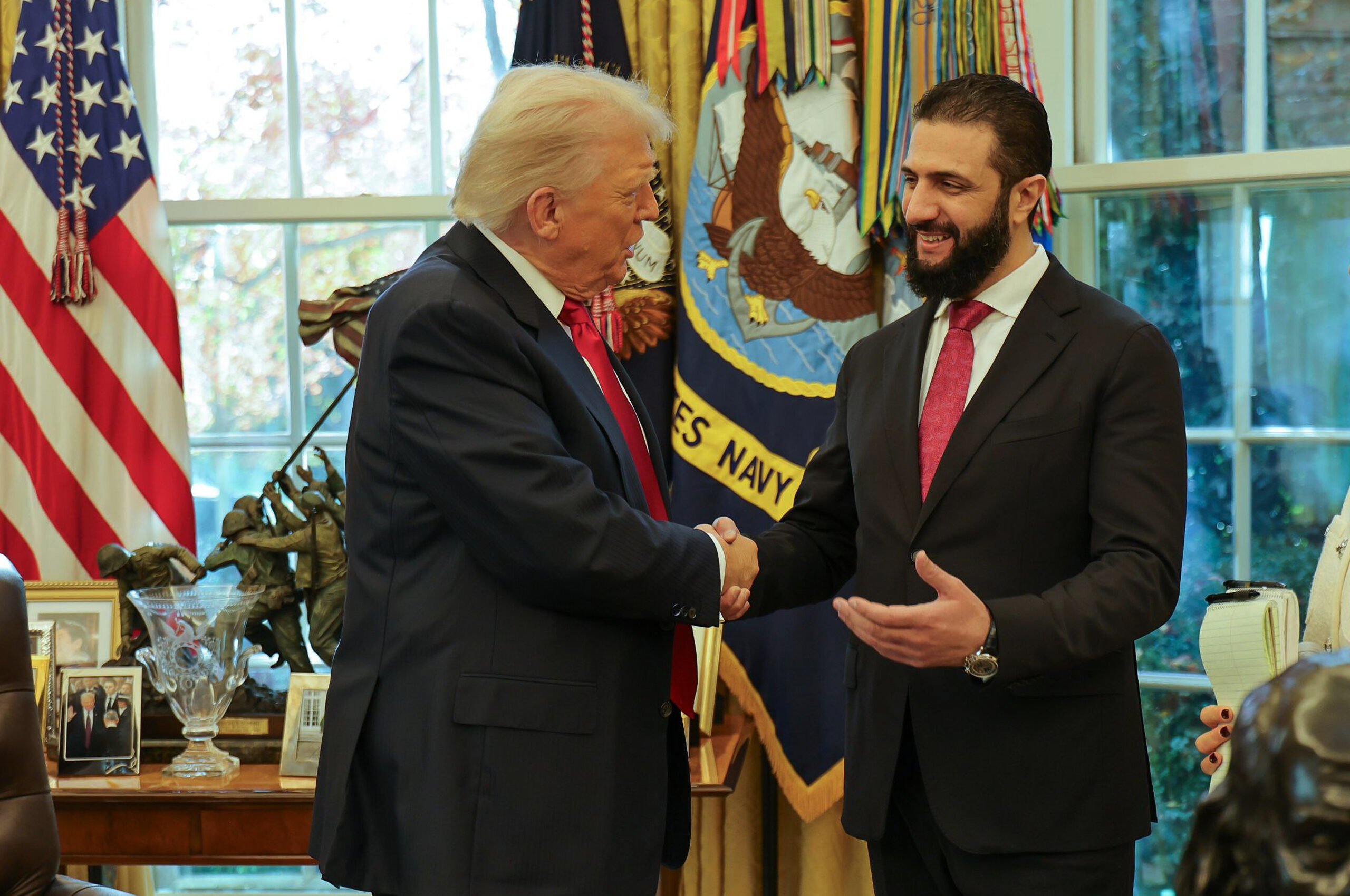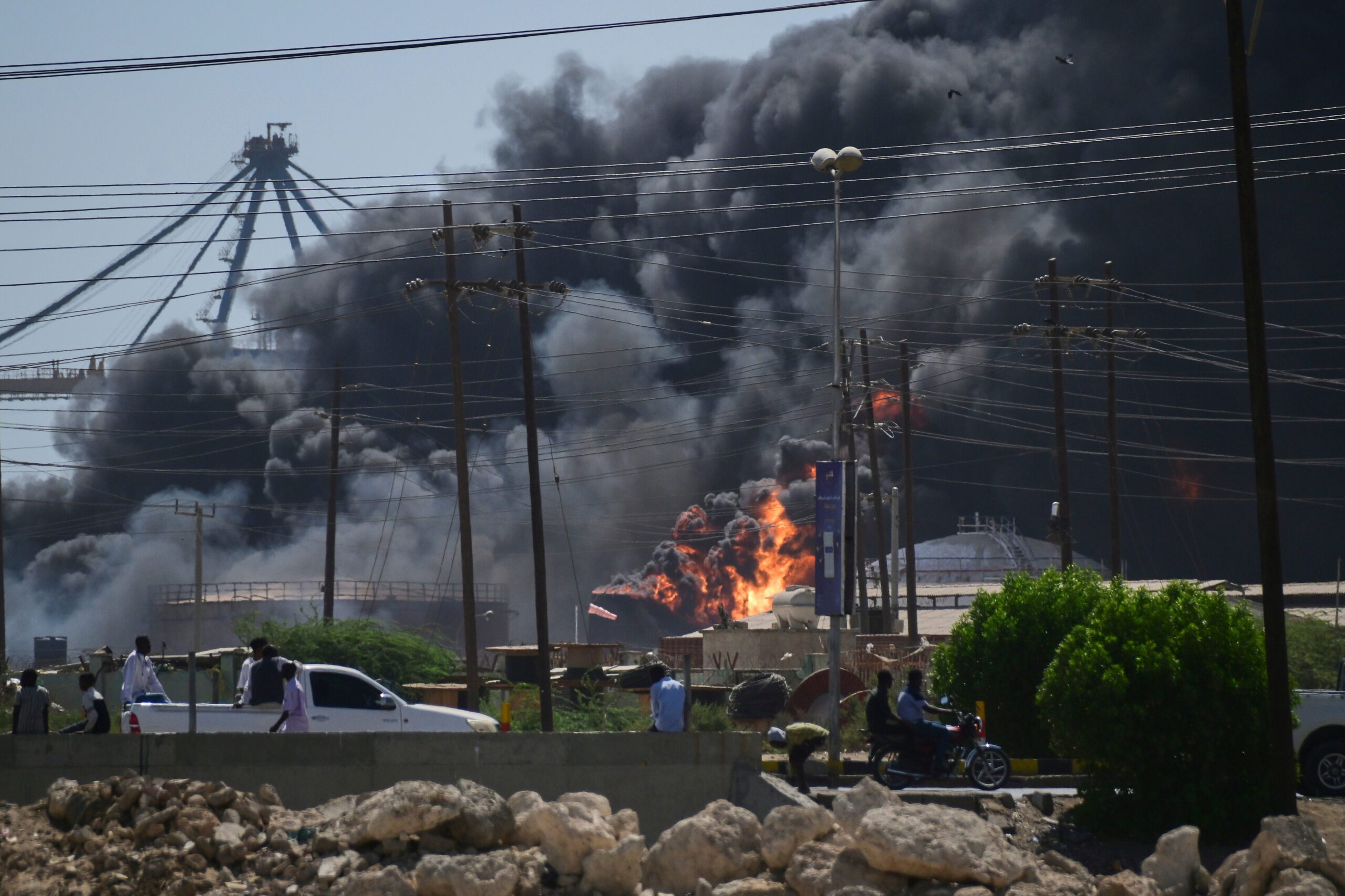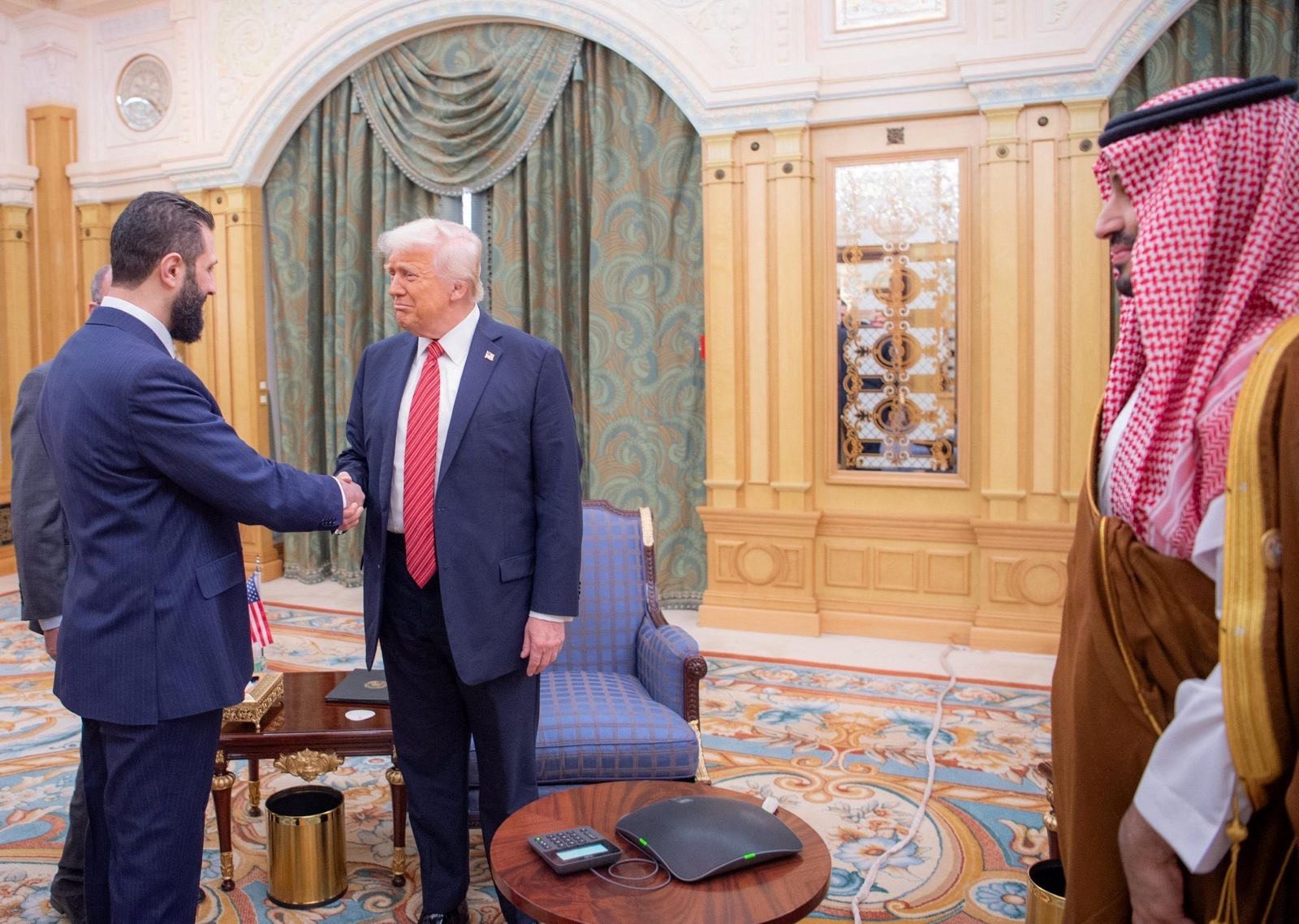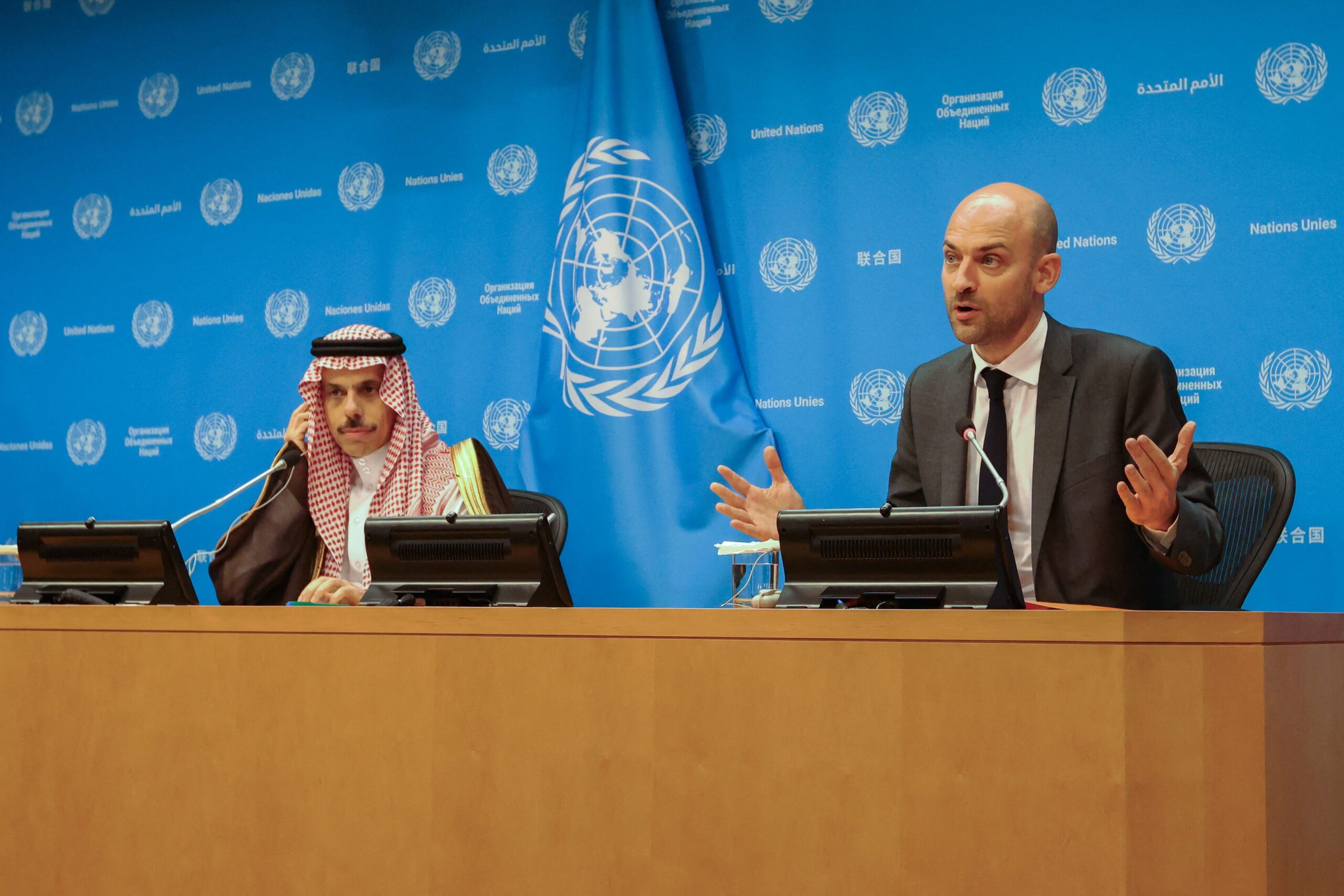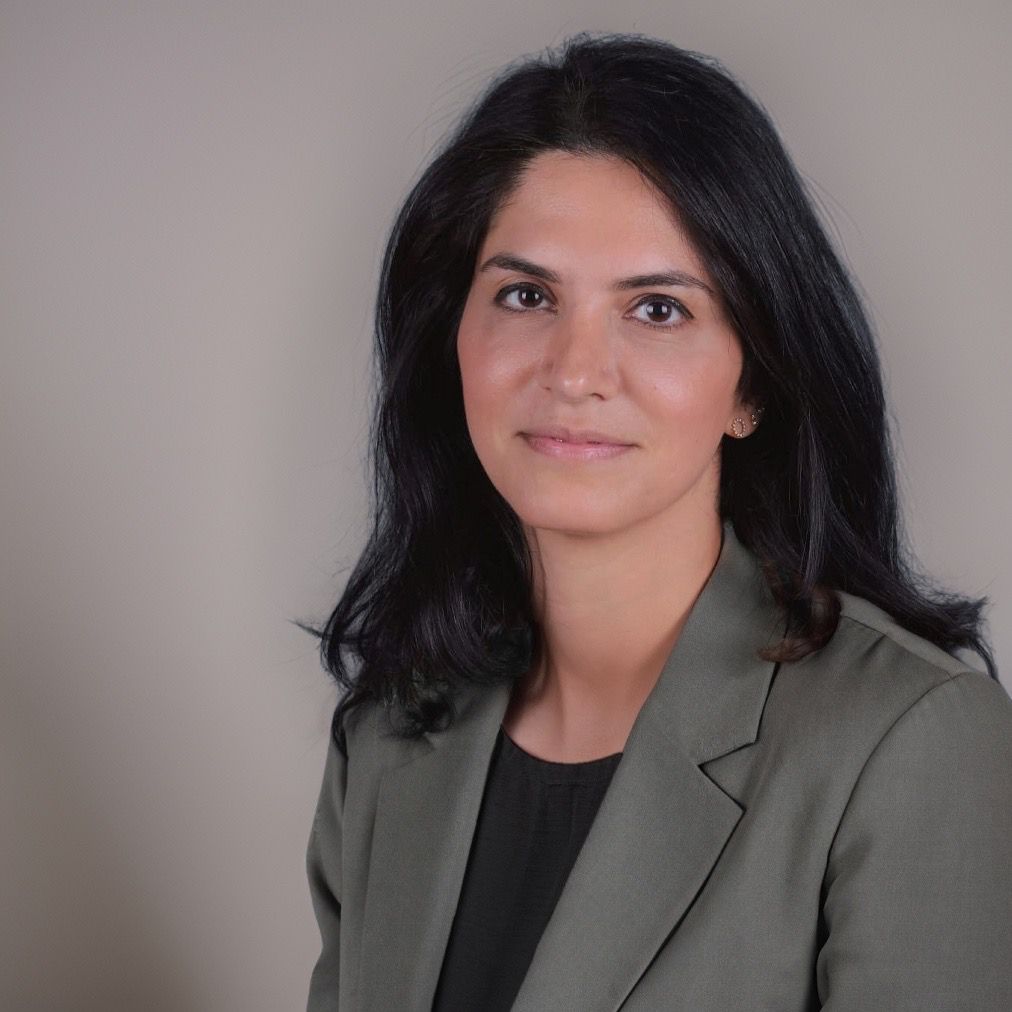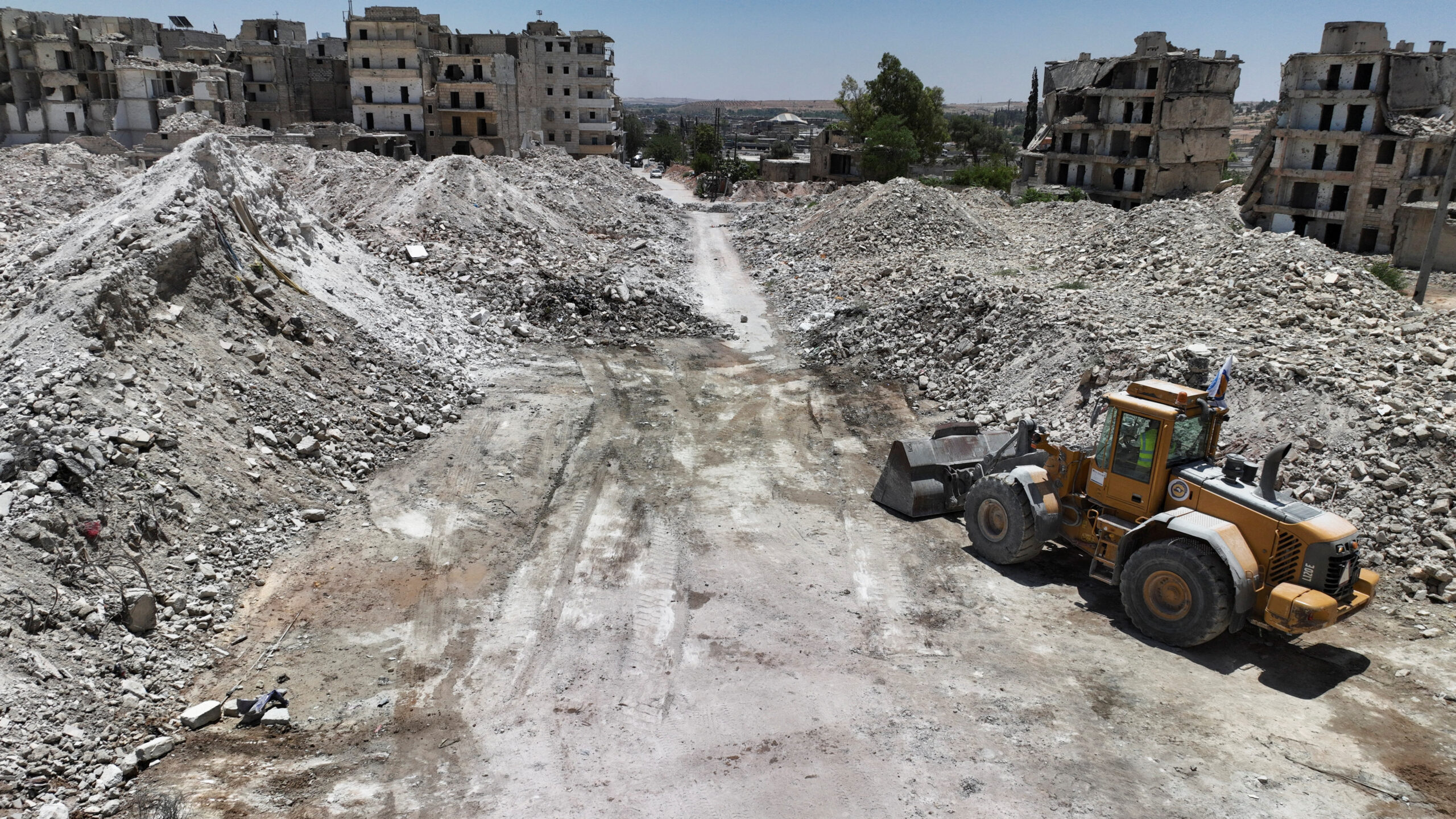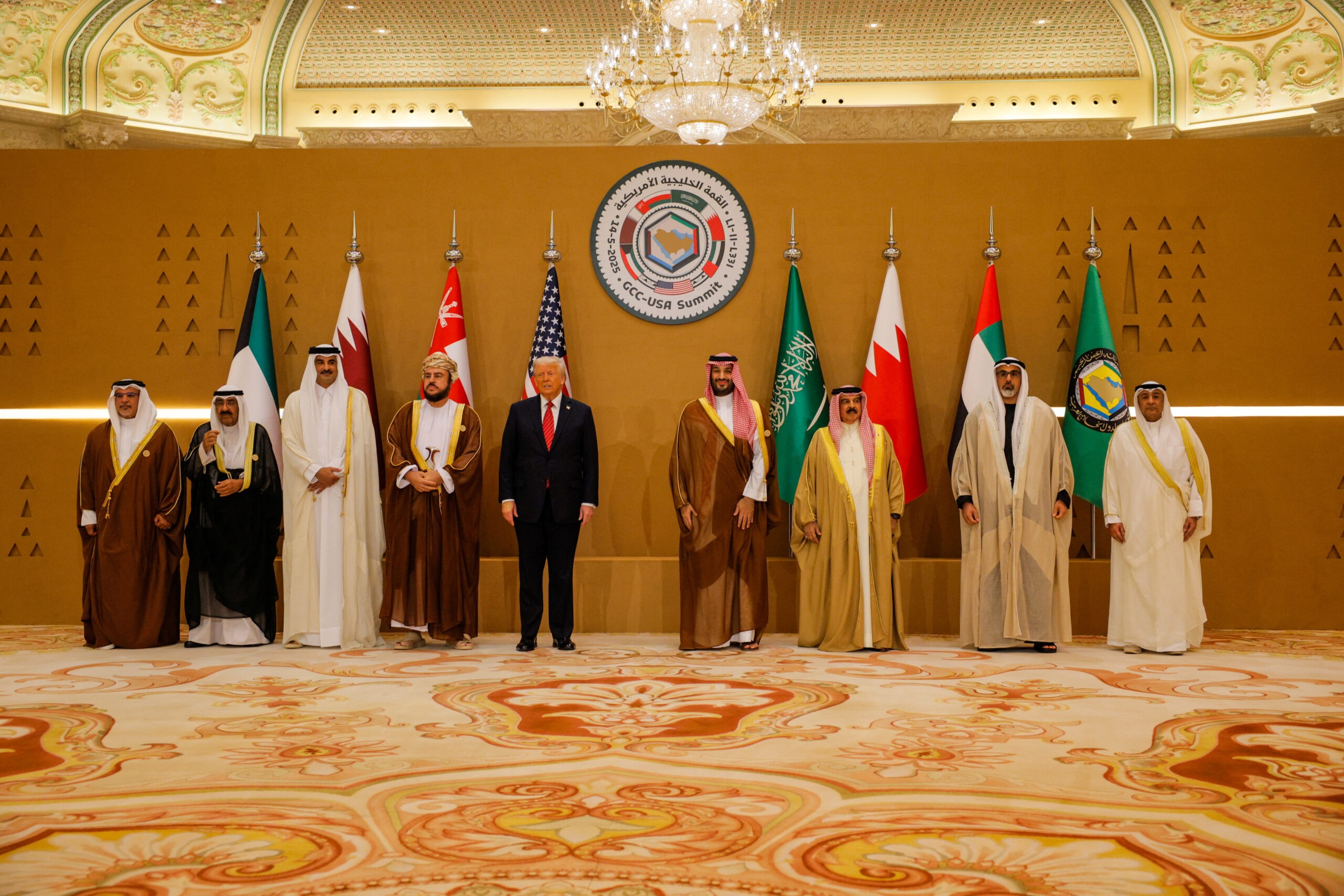Is Israel’s Syria Policy Making Gulf States Nervous?
The disconnect on Syria is so profound it risks rupturing the assessment of shared interests that underlies the Abraham Accords and the tentative efforts by others in the Gulf to find the right circumstances and timing to sign on to that project.
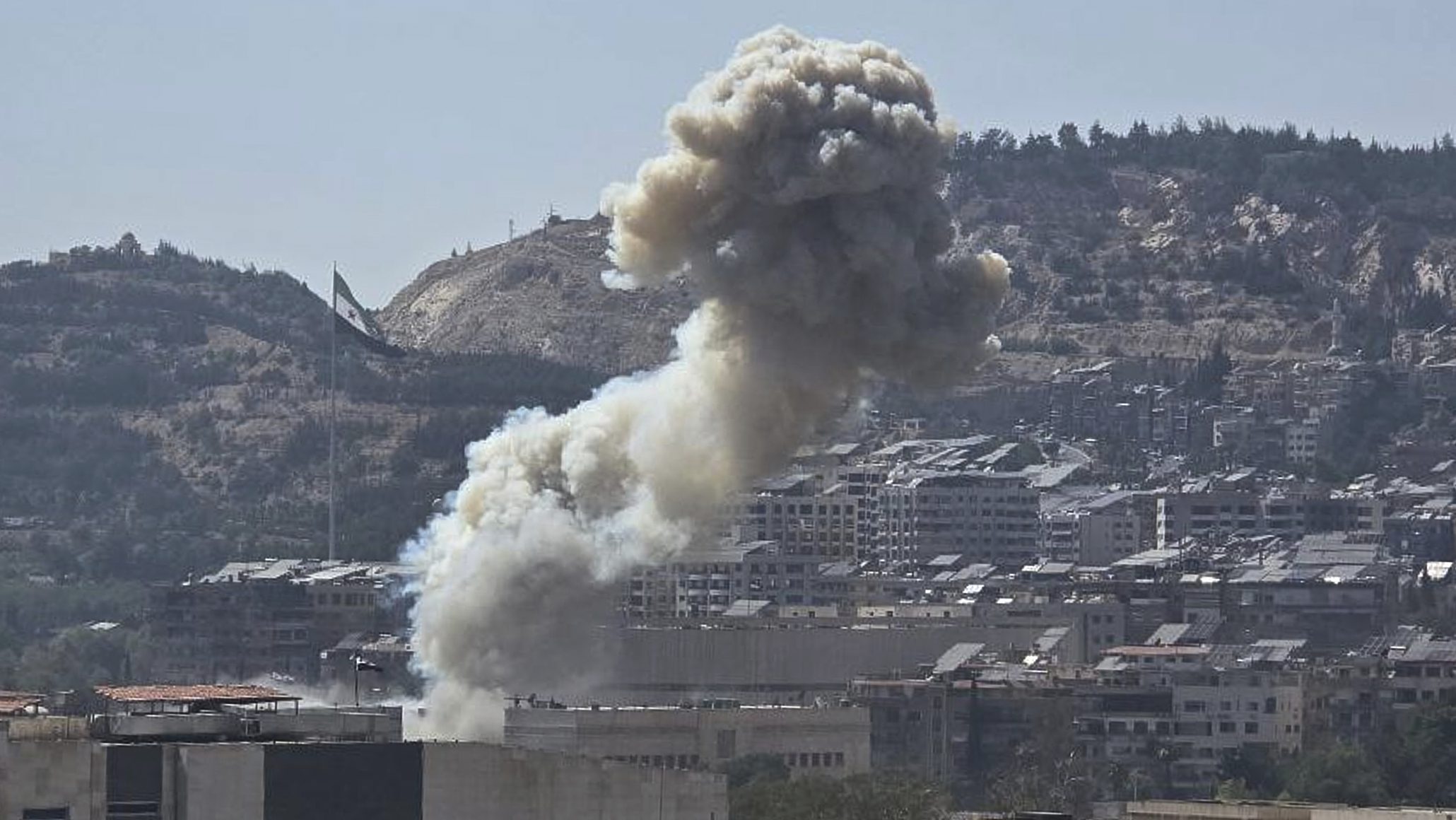
Probably more than anywhere else, Syria is the acid test for Gulf countries trying to assess Israeli ambitions, power projection, and ideological intentions regarding its projected borders and its future relations with the Arab world, in ways that Gaza, for all its catalyzing issues, is not. While deep concerns about prospects for state failure and fragmentation have persuaded Gulf states to move decisively in the past six months to help a profoundly weak Syrian government, shape U.S. Syria policy accordingly, and aggressively explore possibilities for investment and reconstruction, Israeli military actions and discourse point to a radically different agenda. This disconnect with Israel on Syria has registered in Gulf capitals and been reinforced by concerns about Israeli ambitions to dominate the region – ambitions Gulf leaders interpret through the prisms of recent Israeli military campaigns, Israeli political discourse, and the ongoing carnage and humanitarian catastrophe in Gaza. This nascent Gulf assessment, while according Israel the sovereign right to perceive and pursue its regional interests as it defines them, seems to question the initially sub rosa but now paradigmatic assessment of the past few years that there is a substantial Gulf and Israeli overlay of regional interests, shaped by security and stability imperatives and economic and investment objectives. The disconnect on Syria is so profound it risks rupturing that assessment of shared interests and destiny that underlies the Abraham Accords and the tentative efforts by others in the Gulf to find the right circumstances and timing to sign on to that project.
Israeli military intervention in Syria began almost immediately following the late 2024 fall of the Bashar al-Assad regime, when the forces of now interim President Ahmed al-Sharaa assumed control of Damascus. In July, Israeli actions seriously escalated with the bombing of the Syrian Ministry of Defense in Damascus. Most recently, in late August, Israeli forces launched airstrikes and a ground raid on a Syrian military base at Kiswah, on the outskirts of Damascus. Six Syrian soldiers were killed. Launched by an “airborne landing,” it is reportedly the first known use of Israeli ground forces, far from Israeli-occupied territory in southern Syria. Reported motivations for the attack on Kiswah included ongoing Israeli determination to take military action in support of the Druze population in southern Syria, tactical concerns about possibly compromised Israeli intelligence capabilities in the area, and broader Israeli concerns about Turkish efforts to rebuild Syria’s military forces and exert influence in Syria. Since the fall of Assad, Israel has launched over 400 ground incursions and nearly 1,000 airstrikes in Syria.
The late August attack on Syria unsurprisingly prompted harsh criticism by Syrian Foreign Minister Asaad Hassan al-Shibani but also key Gulf Arab states, including Saudi Arabia and Abraham Accords signatory the United Arab Emirates. Both states condemned the Israeli attack on Kiswah as a dangerous escalation and violation of Syrian sovereignty and internal affairs. The Saudi statement also expressed the kingdom’s absolute rejection of “separatist calls to divide Syria.”
Israeli Discourse is Part of the Problem
In tandem with the ongoing Israeli military actions, there have also been periodic statements by Israeli officials and analytical pieces referring to Israeli strategic interests in Syria and the broader Levant, couched in security, territorial, and support-for-minorities rationales. Israeli analysts and politicians in recent years have linked Israeli efforts to build ties with minorities in Syria and the broader region, for example, to foundational strategic doctrines for the Jewish state, such as the periphery doctrine formulated decades ago by Israel’s first prime minister, David Ben-Gurion. Such strategic links to support for minorities have also been noted in statements by current Israeli officials, such as Foreign Minister Gideon Saar. In addition to emphasizing natural alliances with minorities in the region, as a way for Israel to strategically position itself, Saar has also used the Israeli focus on minorities to insist that a sovereign, unified Syria is unrealistic. Such views have fed a rising chorus of analysis and alarm in the Gulf and broader region asserting that Israel’s strategic aim is a fragmented Syria. More recently, Finance Minister Bezalel Smotrich linked his insistence that Syria should be partitioned – or “dismantled” as a state – to Israel’s war in Gaza and broader military efforts to reshape the regional security environment to the country’s benefit. The extremist right-wing Smotrich described these linked goals as not merely policies of a specific Israeli government but in terms that pointed to a strategic consensus for the people of Israel.
Less explicit but more alarming for regional leaders was recent language Israeli Prime Minister Benjamin Netanyahu used referencing his strong support for “Greater Israel,” a term widely understood to include parts of Jordan, Syria, Lebanon, and Egypt. Smotrich and settler leaders in Israel routinely make clear they view the territory from the Nile to the Euphrates as constituting the future borders of Greater Israel. The UAE issued a statement condemning Netanyahu’s endorsement of the concept; other Gulf countries, including Saud Arabia, Oman, Qatar, and Kuwait, issued similar condemnations, while Bahrain and the Gulf Cooperation Council signed on to a group condemnation of Netanyahu’s remarks that 31 Arab and Islamic countries and organizations issued. A recent proposal by Smotrich to annex most of the Israeli-occupied West Bank, which sparked discussion among Netanyahu’s governing coalition and in the Israeli media, has contributed to this Israeli discourse that is alarming Arab capitals.
Gulf Fears of an Unchecked Regional Power
The eruption of these alarm bells in the region have fused with Gulf concerns about Gaza – the tens of thousands of civilian casualties and massive destruction and the Israeli government’s recent military offensive – as well as fears that Israel, with its recent military and intelligence successes, has become an unchecked regional power, a Goliath against a weaker region. The underlying concern is that Israel, with its recent military campaigns in Lebanon, Syria, and Iran, is poised to dominate the region in ways that could be destabilizing.
Assessing Turkey Differently
Israel and the Gulf are also moving in opposite directions in terms of relations with Turkey, a pivotal regional power. After much of a decade of tense relations, destabilizing competition, and missed economic opportunities, the Gulf has turned the page on Turkey. Following key bilateral visits in the past few years, a profound weakening of the regional Islamist project Turkey had previously supported, and the development of a long list of possibilities for mutually beneficial trade and investment opportunities, including in Syria, relations between Gulf states and Turkey have strengthened considerably and continue to develop. Regarding Turkey’s role in Syria, the consensus Gulf assessment seems to view Ankara as a stabilizing force, in current circumstances. Looking at the same set of realities, Israeli officials have made clear they view Turkey’s growing influence in and ambitions for Syria with profound concern and that Israel will take decisive action, including military efforts, to set limits on that influence. The Israelis do not seem to share Gulf states’ concern about the risks of state failure in Syria that Ankara could help ameliorate. For Israel, there is vastly more concern with the Turkish assistance than with the risk of state failure and instability in Syria.
A Security Agreement Could Change Perceptions
A possible security agreement between Israel and Syria could change these perceptions. There have been persistent media accounts that the two sides are meeting, usually with U.S. participation, with talks described as having reached an advanced stage. The parameters of such an agreement, as described by Syrian and U.S. officials, fall far short of an Abraham Accord-level understanding that would involve full normalization of relations. Syrian officials routinely insist any agreement would be rooted in the 1974 disengagement agreement that established a United Nations buffer zone after the 1973 war. Israel annexed the Golan Heights, which it captured in the 1967 Six-Day War, in 1981.
The views represented herein are the author's or speaker's own and do not necessarily reflect the views of AGSI, its staff, or its board of directors.

